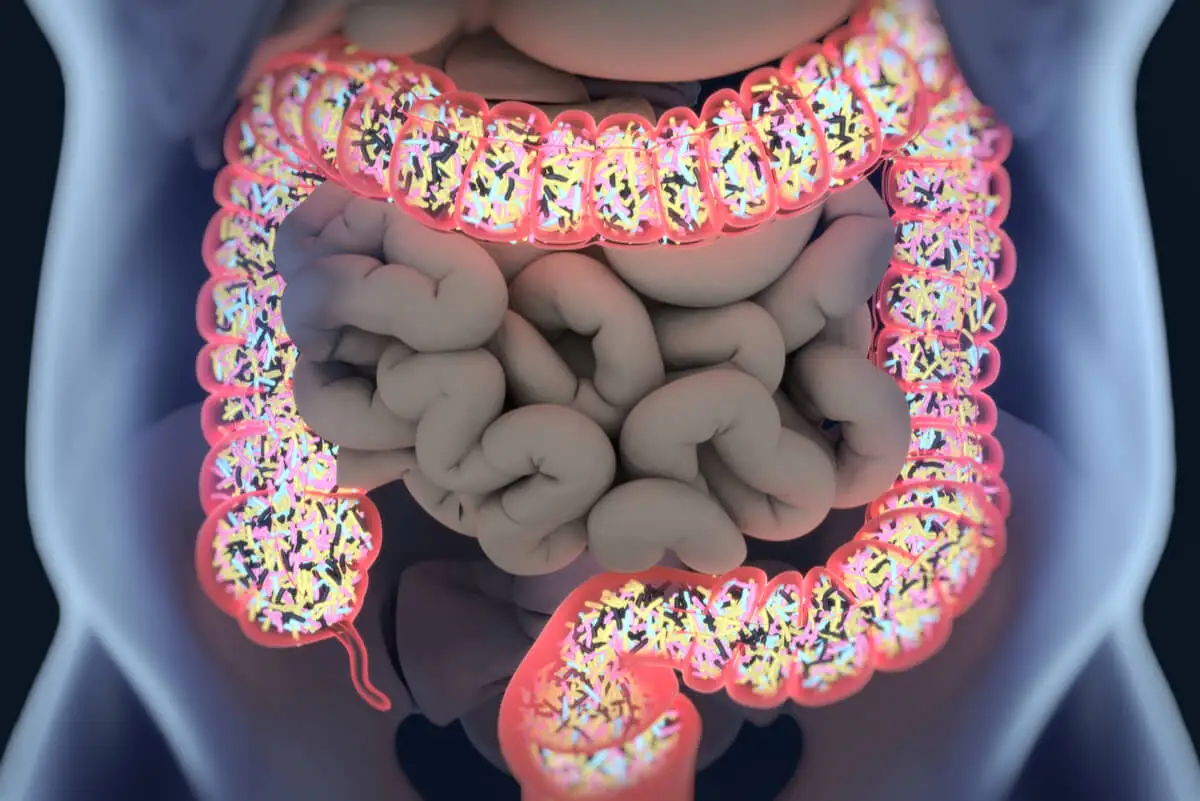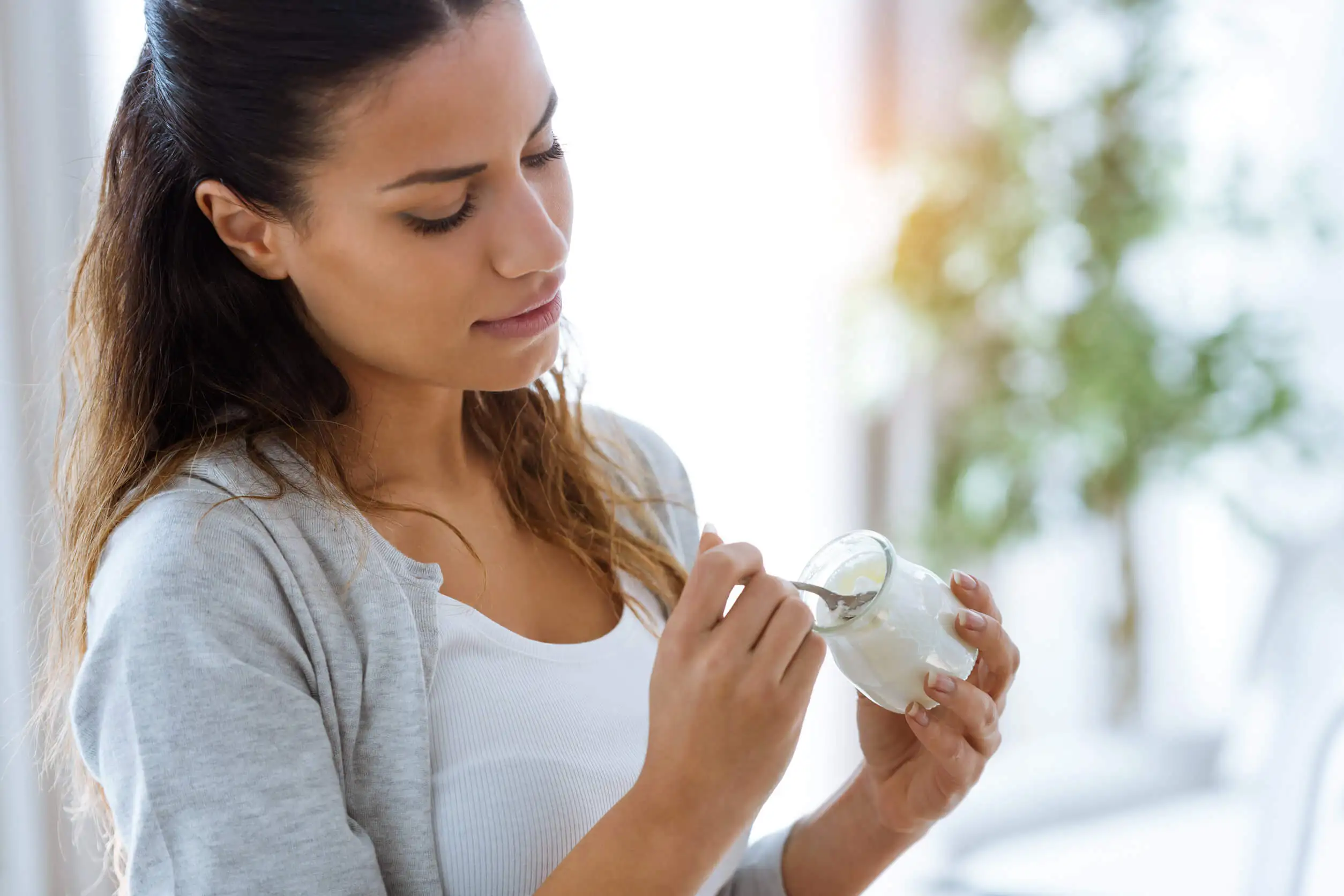Psychobiome: How Do Microbes Influence Your Mental Health?


Written and verified by the psychologist Maria Fatima Seppi Vinuales
Have you ever considered that your intestines and gut flora might be linked to your mental health? Maybe you haven’t ever thought about it before, but when we start to realize that the body is a whole entity, and that it works like a big machine, then we can start to understand what the psychobiome is all about.
Stress, certain gastroenteritis, and psychosomatic illnesses remind us that many situations start from the emotions and then move to the physical body, which acts by sending signals. Let’s go deeper into this.
Let’s start by understanding what the microbiota is
In order to arrive at the concept of the psychobiome, let’s clarify what the microbiota is. They are bacteria and microorganisms that live in our body, in all sorts of areas, ranging from the skin to the mouth to the vagina. Of course, the entire digestive tract has its own flora.
A curious fact is that this ecosystem of bacteria is larger than the number of cells we have. In total, they weigh about 2 kilos (4.4 pounds), distributed throughout the body.
They’re of utmost importance to our health and well-being. The particularity of the microbiota is the use that is made of the microorganisms that live in it, which can either use nutrients or produce them.

You may be interested in: World Digestive Health Day and Gut Microbiota
Let’s move on to the psychobiome
Having cleared up what microbiota are, we can now move on to what has been called the microbiota-gut-brain axis, that is, the relationship between all these components. The gut and the microbiota have such an influence that some call them the second brain.
Thus, the proposal of the psychobiome suggests that some functions related to cognition, emotions related to anger or fear, and cases of depression or dementia, are related to the functioning of the microbiota.
Microorganisms, bacteria, and cells, in a complex interactive process, also influence the way we feel, think, and act.
Different microbes coexist in the intestinal flora, which are under investigation for their relationship with people’s mental health. In this way, knowing what functions they fulfill could be useful in the approach to neurodegenerative diseases, such as Alzheimer’s or Parkinson’s disease. Also in other mental health disorders, such as depression and anxiety.
It’s important to note that the intestinal flora also has functions linked to the immune system. Strengthening its functioning will, in turn, improve our defenses to protect us from infections.
You may be interested in: Intestinal Health: 7 Foods That Are Bad For Your Gut
The psychobiome and probiotics
It should be noted that there’s still a lot of research to be done. In some cases, the scientific community recognizes the psychobiome, but prefers to focus on probiotics and their psychological or neurological functions.
In other words, the psychobiome isn’t yet an entity in its own right. However, what can’t be denied is the interest and optimism raised by the thought of treatments using these microorganisms as a way of addressing pathologies.
The challenge is to identify which microorganisms are part of the microbiota and which have a specific role in relation to neurological functions. The analysis of human excrement in order to identify and get to know the bacteria involved is a starting point for future treatments.
In this sense, compounds related to the intestinal flora that are capable of improving mental health are being sought. The way forward would be psychobiotics, i.e. substances from the microbiota that emulate neurotransmitters such as dopamine or serotonin.

Interaction is the key
The human body is enormously complex and it always finds new ways to surprise us. Gut microbiota reminds us how unique we are, as no two human beings have the same gut flora composition.
If there’s one idea we have to stick with, it’s interaction. The body, its genetic information, the food we eat, the sports activities we do, the microbiota and its entire ecosystem, the brain and its different areas, our motor and emotional responses… everything forms a complex circuit, an extraordinary exchange of signals and information.
Perhaps psychobiotics, in the near future, will be a therapeutic response to neurodegenerative disorders. The way is open.
All cited sources were thoroughly reviewed by our team to ensure their quality, reliability, currency, and validity. The bibliography of this article was considered reliable and of academic or scientific accuracy.
- Sebastián-Domingo, Juan-J., & Sánchez-Sánchez, Clara. (2018). De la flora intestinal al microbioma. Revista Española de Enfermedades Digestivas, 110(1), 51-56. https://dx.doi.org/10.17235/reed.2017.4947/2017
- Guarner, F.. (2007). Papel de la flora intestinal en la salud y en la enfermedad. Nutrición Hospitalaria, 22(Supl. 2), 14-19. Recuperado en 11 de julio de 2022, de http://scielo.isciii.es/scielo.php?script=sci_arttext&pid=S0212-16112007000500003&lng=es&tlng=es
This text is provided for informational purposes only and does not replace consultation with a professional. If in doubt, consult your specialist.








